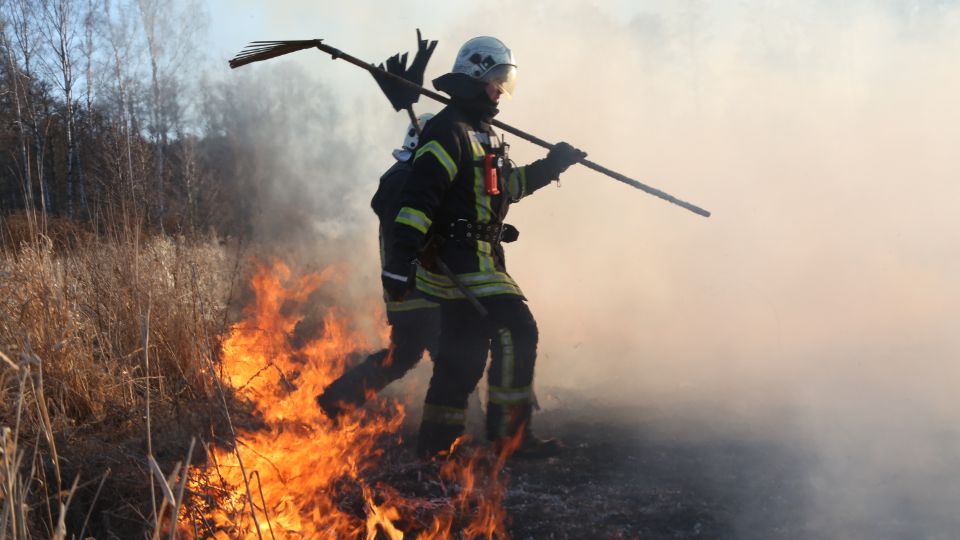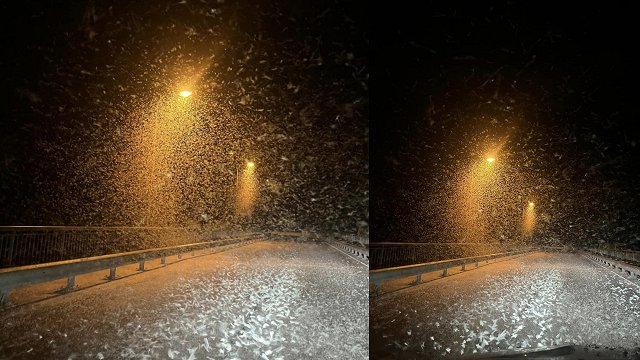The largest of the conflagrations was in Daugavpils district and covered an area of 47 hectares. Meanwhile in Priekuļi district a 6 hectare fire was tackled that included both grassland and forest.
Neraugoties uz to, ka pērnās zāles dedzināšana ir aizliegta un sodāma rīcība, aizvadītajā diennaktī dzēsti jau 76 kūlas ugunsgrēki, no kuriem platības ziņā lielākais bija Daugavpilī - 47 hektāri. Priekuļu novadā dega gan kūla, gan mežs kopumā 6 hektāru platībā.#NededziniSavuZemi pic.twitter.com/nECT2hawa6
— VUGD (@ugunsdzeseji) March 28, 2021
The VUGD appealed again to the public, saying "Don't burn your land", but the habit of doing so is deeply ingrained and most news stories on the subject can be relied upon to prompt comments from die-hard kūla believers espousing the supposed econmic and ecological benefits of torching large tracts of land despite the concomitant risk that a simple change in wind direction or strength can turn a "controlled burn" into a raging inferno that risks damage to property and human lives, not least among which are the lives of firefighters themselves.
Setting fire to fields on purpose is illegal and punishable by a fine. Official advice remains that old grass should be cut and preferably composted rather than immolated.





























